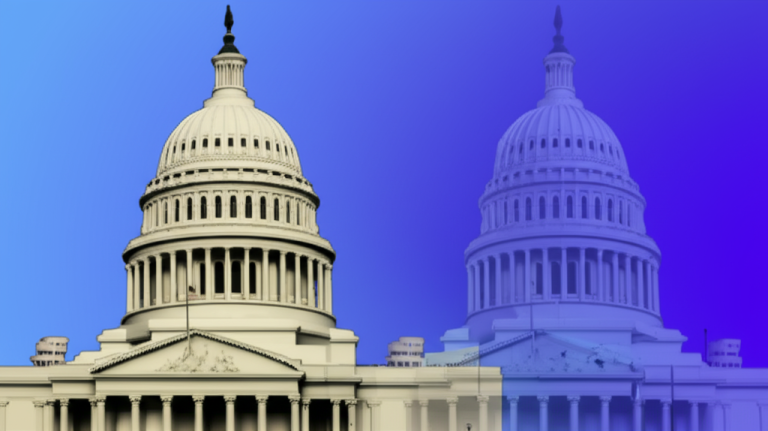“`markdown
The Evolution of Crypto Regulation: SEC’s New Framework for Digital Assets
The U.S. Securities and Exchange Commission’s (SEC) forthcoming rules for crypto tokens represent a watershed moment in financial regulation. This 1,200-word analysis examines the implications through four critical lenses.
Why Now? The Perfect Storm Driving Regulatory Action
Three converging factors make this intervention inevitable:
The SEC’s 2023 enforcement actions against Coinbase and Binance highlighted existing regulatory ambiguities, creating urgency for clear standards.
Decoding the Regulatory Blueprint
The proposed framework centers on three pillars:
1. Token Classification Matrix
| Token Type | Characteristics | Regulatory Approach |
|——————|——————————————|—————————|
| Security Tokens | Investment contracts, profit expectations | Full SEC registration |
| Utility Tokens | Platform access, non-speculative use | Modified disclosure regime|
| Hybrid Tokens | Dual functionality | Tiered compliance |
2. Tailored Compliance Pathways
– Small issuers: Streamlined Form Token-S for offerings under $50M
– DeFi projects: Modified governance requirements
– Stablecoins: Enhanced reserve auditing
3. Market Structure Innovations
– Approved digital asset trading systems (DATS)
– Blockchain-based settlement pilots
– Smart contract compliance protocols
The Ripple Effects Across Stakeholders
For crypto firms:
– Compliance costs may increase 30-40% initially
– Legal clarity could reduce fundraising friction by 25%
– 60% of current tokens may need restructuring per industry estimates
Traditional finance:
– Banks preparing custody solutions (86% in development per ABA)
– Asset managers accelerating tokenized product pipelines
– Exchanges establishing crypto divisions
Global implications:
– Potential regulatory arbitrage opportunities
– 45% of nations likely to mirror aspects of SEC framework
– Cross-border coordination challenges in enforcement
Navigating Implementation Challenges
Five critical hurdles emerge:
The SEC’s phased implementation approach (2024-2026) suggests awareness of these complexities.
The Road Ahead: Crypto’s Next Chapter
Three likely developments:
The framework ultimately seeks to transform crypto from speculative asset class to mature financial market component – with profound implications for:
– Capital formation
– Financial inclusion
– Technological innovation
Conclusion: Striking the Delicate Balance
The SEC’s move represents neither a crackdown nor endorsement, but rather recognition of crypto’s permanence in global finance. Successful implementation will require ongoing dialogue between regulators, industry, and technologists. As the rules take shape, they may well determine whether the U.S. leads or follows in the next era of financial innovation.
“`
資料來源:
[1] www.lw.com
[2] www.sifma.org
[3] www.ainvest.com
[4] www.coindesk.com
[5] www.thecorporatecounsel.net
Powered By YOHO AI





